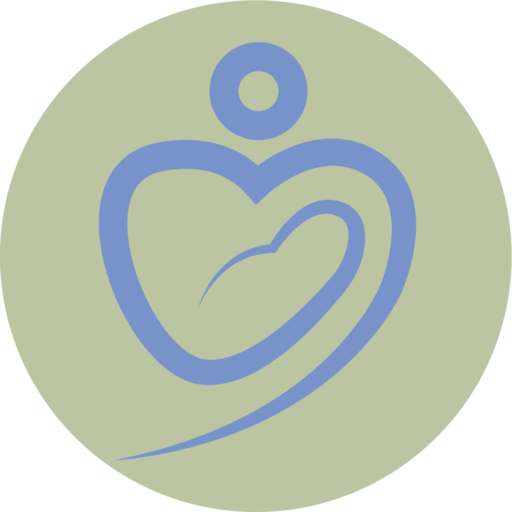The medical evidence for the health benefits of breastfeeding are clear and compelling. Breastfeeding benefits the health of both babies and mothers; in fact, it has lifelong benefits for both. The AAP, ACOG, AAFP, and other professional organizations have all issued official position papers and recommendations that breastfeeding is the normal and best way to feed infants. How can you help your breastfeeding patients?
- Encourage and support your breastfeeding patients. Cheer them on; tell them that they are doing a wonderful thing for their health and for the baby’s health. Tell them you are committed to helping them reach their own personal breastfeeding goals.
- Know where to send your patients for help and refer them for assistance. If you have a patient with pain due to breastfeeding, poor weight gain in a baby, or other breastfeeding problems, professional assistance is available. See our list of local resources; we will soon have a handout available for your office with a list of resources for your patients.
- Know the reasons NOT to stop breastfeeding. Jaundice, poor weight gain, and most other problems are NOT reasons to stop breastfeeding. Maternal medications are also not usually a reason to stop breastfeeding. Most medications are compatible with breastfeeding, and for those that are not, there is usually an alternative medication available. You can search the LactMed database online or with their smartphone or tablet app, or you can search the Infant Risk Center or download their app. They also have a website and app for pregnant and nursing mothers called MommyMeds. Referral cards are also available for your practice.
- If a baby has to receive supplements, encourage mothers to use a syringe, cup, or finger-feeding tube for short-term problems or supplemental nursing system for longer-term supplementation. A breastfeeding professional can assist patients with recommended supplementation methods.
- Develop a more breastfeeding friendly practice. Make this part of your quality improvement initiatives. The Academy of Breastfeeding Medicine (ABM) has issued helpful guidelines. They also have guidelines on breastfeeding promotion in the prenatal setting. The Massachusetts Breastfeeding Coalition has a list of guidelines for pediatric practices. Booklets and brochures are available for your office from both the AAP and the ACOG.
- A great step to providing excellent breastfeeding advice is to use the Breastfeeding Telephone Triage Book in your practice.
- Educate your staff (and yourself) about breastfeeding. The EPIC program of the Georgia Chapter of the AAP will come to your office (not just pediatricians) and provide an on-site educational program for free.
- Learn more about breastfeeding yourself. There are many helpful books, apps, and website to help physicians learn more about breastfeeding and to provide evidence-based breastfeeding guidance and advice.
- Contact us for more information.
- Join our coalition!
